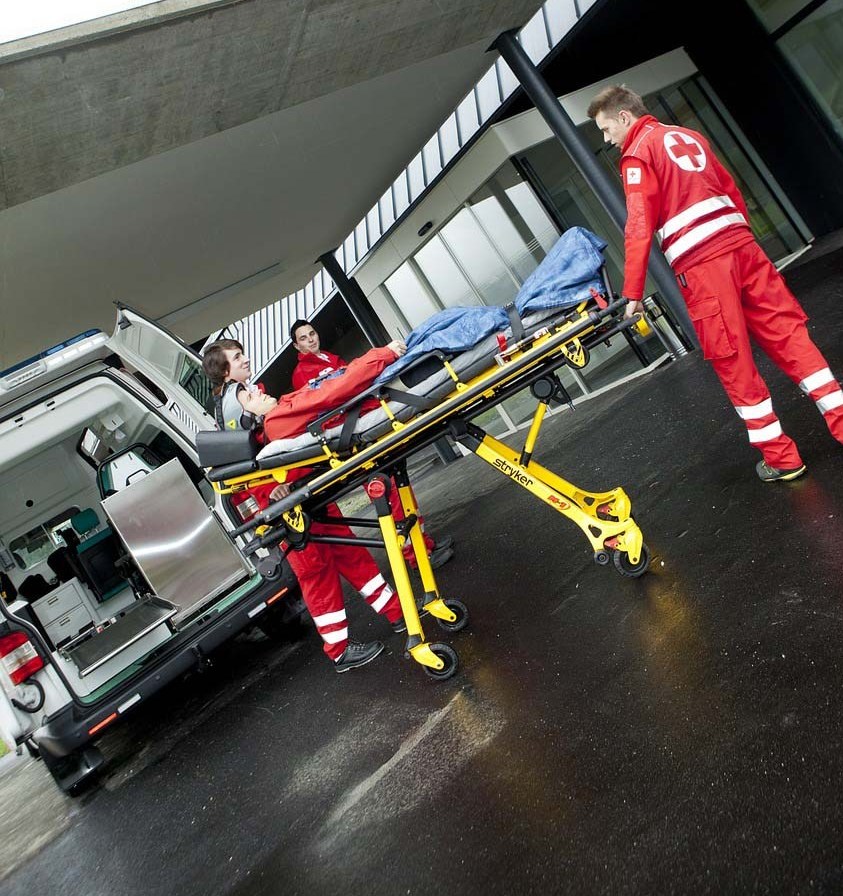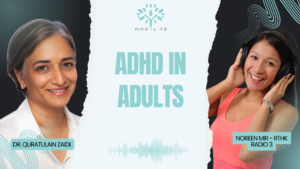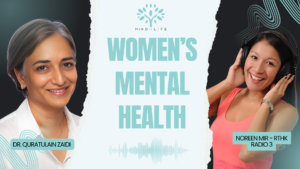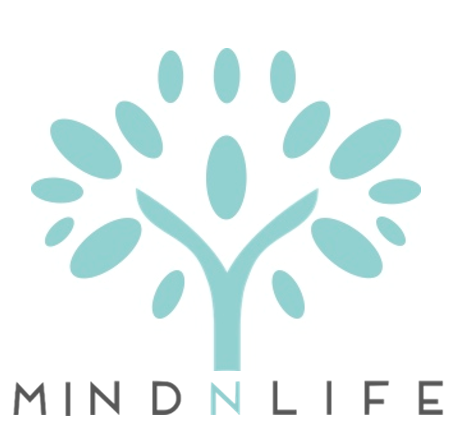Trauma occurs when an accident, abuse, loss or something unpredictable causes us to feel emotions such as intense fear, shock, denial and distress. For the most part, people might have trauma reactions such as nightmares, hypervigilance or physical symptoms after a tragic or dangerous event that heals by itself after a short period. However, depending on the intensity and duration of the trauma, people might need to reach out to a trained mental health professional to recover and get back on track. Here are some concepts to help you understand trauma for yourself and your loved ones.
- The mind-body connection: Our mind is connected to our body, and there is a constant feedback loop between the two. During an accident or traumatic event, our system goes into fight or flight for protection. If our body is in fight or flight for too long, our mind becomes distressed and hypervigilant. Our immune system and nervous system might also be affected, and we might experience physical symptoms. After a trauma, it is essential to find ways to relax so that our mind and our body can get back to normal. If you are having a difficult time sleeping or focusing at work, a mental health professional can help you.
- Avoidance or seeking: Often after a trauma, we want to avoid the person, place or situation that caused the trauma. This may or may not be in your favour. Reflect on the situation and ask yourself if avoiding will raise or lower your quality of life. If avoiding will reduce your quality of life, but you can’t go back to the situation, seek a professional. Those who do not avoid might tend to seek out the situation, person or place that caused the trauma to relive and figure out the situation. Just like avoiding, this can be dangerous or helpful. If seeking out the situation is dangerous, and you find yourself doing it, reach out and seek help.
- Not everyone wants to talk about it: Everyone copes with trauma and loss differently. If someone is not ready to talk about it or seek help, do not push them. This might be doing more harm than good because it might interfere with the person’s natural coping system.
- Withdrawing: You might want to withdraw from your partner, friends, and from social events. This is to help you to find the stability you perceived lost. This might affect your relationships in a negative way if you do not communicate what you need and what you are feeling.
- Express and release: Express and release the trauma through art, music, dancing, sports or writing. This can help to release the trauma’s powerful hold on you. A professional can also help by listening with empathy and no judgement.
- When to seek help: You can seek help at any point after a trauma. However, if you’re relationships or quality of life is suffering, reach out as soon as possible. Some symptoms to pay special attention to are constant agitation, hypervigilance, strained relationships, flashbacks, nightmares and physical symptoms such as tension, a pressure in the chest, chronic pain, stomach and headaches.
Dr Monica Borschel is a US-trained Clinical Psychologist who specialises in loss and attachment. Reach out to Dr Borschel: [email protected]
Facebook: https://www.facebook.com/mindnlife/
Website: https://www.mindnlife.com/hong-kong-therapists
[ess_post]







